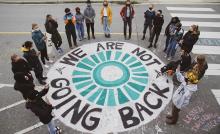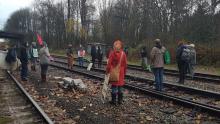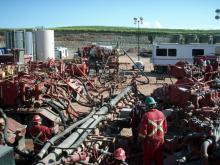Why is Ottawa trying to maintain one of the Republican's worst environmental policies?
U.S. President Donald Trump's climate criminality has been shocking. His administration's contribution to worsening this existential threat to humanity will be remembered as his most damaging policy.







